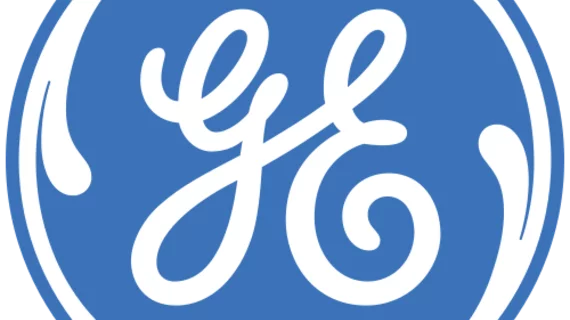GE Healthcare’s parent company has had a rough run lately. The corporate giant has lost half its value in 2017—and another 25 percent this year. GE was also delisted from the Dow Jones Industrial Average June 20 after a 100-year unbroken run among the 30-company index.
But Monday’s news that GE would spin off its healthcare division into a separate company could provide freedom for the standalone.
Brooke Sutherland, a mergers & acquisition analyst with Bloomberg, argues GE Healthcare is poised to succeed as an independent entity. While GE as a whole has made headlines for the wrong reasons, healthcare has been a strong performer. According to Bloomberg, GE will add $18 billion of debt and obligations to the spinoff. Though that figure is high, GE executives don’t expect it to scare potential investors in an industry where profit margins have remained high.
“GE Healthcare becoming a stand-alone company should provide relief for the new entity, which will probably see higher reward for its overall good performance and more autonomy in its strategic direction,” said Nadim Daher, a medical imaging consultant with Frost & Sullivan. “The fact that the healthcare business tends to not fluctuate very much should help make the inherited debt more manageable for the new group.”
In a June 26 company update, GE Healthcare President and CEO Kieran Murphy—who is expected to stay at the helm during the transition—expressed optimism.
“This is a business with scale. We lead the industry with revenues of close to $20 billion and we're market leaders in the segments in which we play,” he said. “We have the largest installed base of imaging and ultrasound equipment in the world. Our $5 billion service business and our digital presence in imaging and monitoring ensures that we have long-lasting relationships with our customers.”
But some fear the split could deprive GE of important cash while the new spinoff may be overloaded with debts. Cowen & Co., an investment banking firm that specializes in healthcare, estimates GE stock fetching $1.01 a share by 2020, compared to other projections putting that figure closer to $1.20.
While healthcare has seen a trend of mergers (and megamergers), major players in imaging have moved to start standalone companies—with GE becoming the third to do so.
“GE Healthcare is the third among the ‘Big Three’ medical imaging companies to operate such a transition into a business focused solely on health,” Daher said. “Philips spun off its lighting business in 2016 thereby becoming a health tech company. Siemens AG spun off the Siemens Healthineers division in 2017, followed by an IPO earlier this year.”

